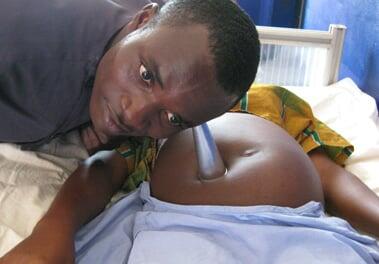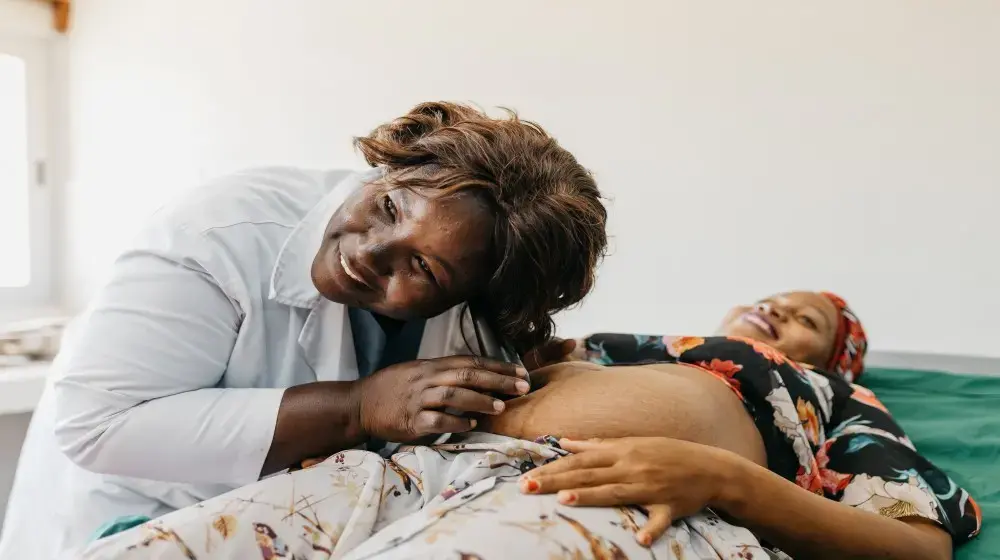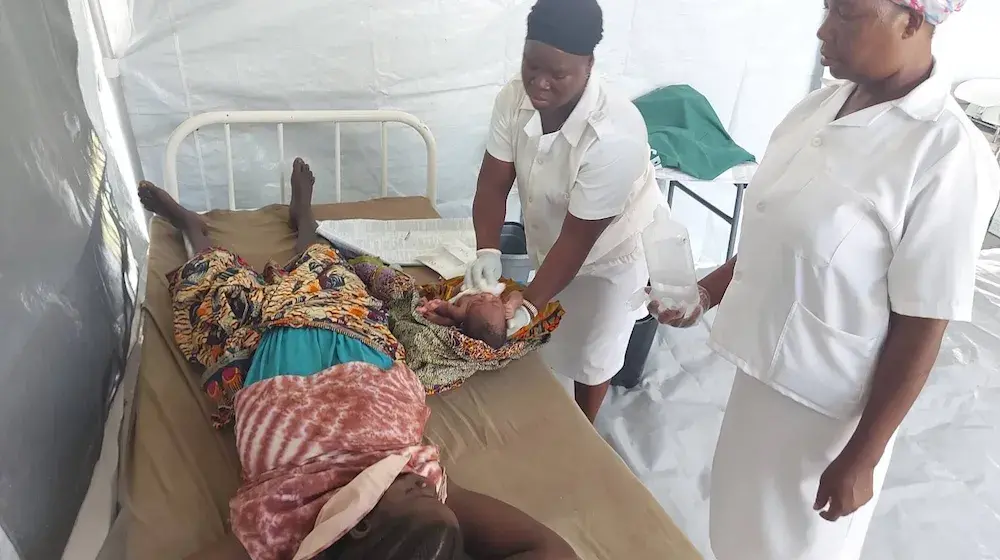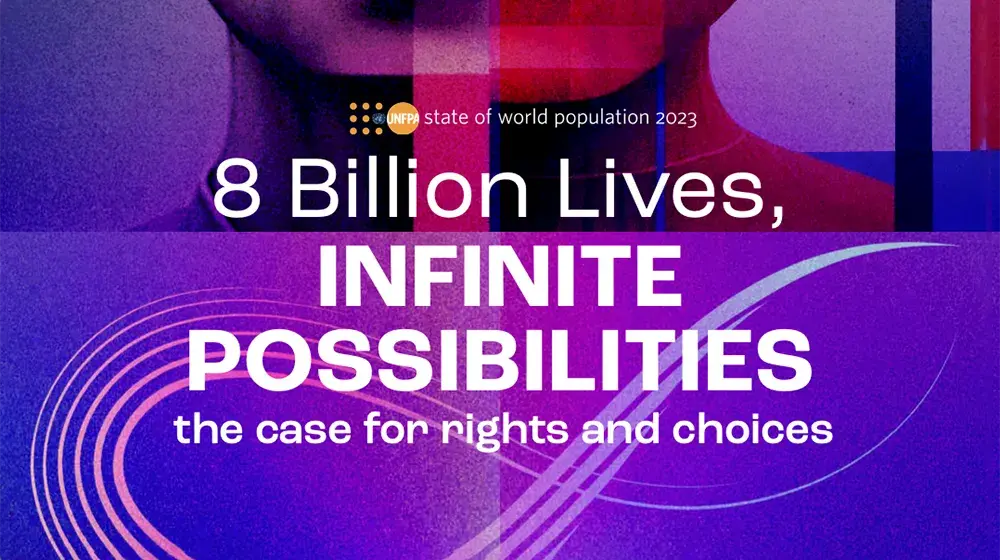DURBAN — When she retired, a midwife in Somaliland used her retirement benefits to build a hospital where she began training a new cadre of midwives, including community-based practitioners. Her selfless action had a breathtaking effect. The maternal mortality rate in Somaliland dropped from 1400 per 100,000 live births to 400 over 10 years, as a result of the deployment of the midwives she had trained.
This is just one of the many examples of interventions by midwives, told to delegates at the International Confederation of Midwives 29th Triennial Congress in South Africa in June. As they shared their experiences and challenges, it was evident that there is a need to streamline the training of midwives globally to ensure uniformity in midwives’ skills and quality of care – a task that the ICM agreed to implement.
Around 3000 midwives from around the world gathered for the conference in Durban to discuss how to tackle midwives’ ‘Big 5’ issues – globalization, listening to women and their partners, the continuum of care, strengthening midwives and midwifery practice, and culture and tradition. They voiced their determination, especially the midwives in Africa and Asia, to help achieve MDGs 4, 5 and 6 (to reduce child mortality, improve maternal health, and combat HIV/AIDS, malaria and other diseases).
Launching of global Midwifery Report
- Recognize midwifery as a distinct profession and as central to maternal and newborn health services;
- Support regulatory bodies to focus on quality across the profession, education and care;
- Strengthen training institutions to train more midwives and improve their skills;
- Strengthen professional midwifery associations to become a catalyst for change.





